| Navigation |
| About • Origin • Spread • Notable Examples • Search Interest • External References • Recent Images • Recent Videos |
About
Pareidolia, sometimes referred to as Things With Faces, are photographs of objects that resemble the appearance of an animal or face, in a similar vein to Om Nom Nom photoshopped images which involve drawing facial features on inanimate objects.
Origin
Pareidolia is an optical illusion which involves identifying shapes in objects where they are not present. The psychological phenomenon often takes the form of seeing faces in inanimate objects where subtle facial characteristics are perceived. Former science professor Carl Sagan speculated that pareidolia evolved in humans as a survival mechanism to easily recognize other human faces. The earliest known discussion of the phenomenon online was posted in the Straight Dope Forums[9] by user Irishman on June 1st, 2001, who asked for assistance in his investigation of the word's origin.
Spread
On July 21st, 2004, Urban Dictionary[11] user Fred Ressler submitted an entry for "pareidolia," defining the term as a "misperception [sic] of an ambiguous stimulus as something specific." On March 16th, 2005, the pareidolia Flickr[1] photo group was created, which gained over 5,100 submissions and 900 members in the following eight years. On November 14th, a Flickr[12] group for "things with faces" was created, featuring photographs of inanimate objects with subtle facial characteristics. On November 11th, 2007, the blog MarcoFolio[13] posted a compilation of photographs featuring objects that appeared to have faces (shown below).



On December 5th, 2008, a page for pareidolia was created on the Rational Wiki.[10] On March 12th, 2009, the WTFace[2] pariedolia photograph hub site was launched. On August 29th, the /r/pareidolia[8] subreddit was created, which received more than 42,800 subscribers in the first four years. On August 31st, the domain ThingsWithFaces.net[22] was registered to host a pareidolia photo single topic blog. On December 12th, 2010, Redditor Kidsturk submitted a photograph of a clothes hanger to the /r/pics[18] subreddit, including the graffiti "Drunk octopus wants to fight you" written underneath. Prior to being archived, the post accumulated upwards of 12,100 up votes and 300 comments.

On February 9th, 2011, the Internet news blog Geekosystem[15] highlighted several notable examples of pareidolia photographs. On August 31st, the domain ThingsWithFaces.com[21] was registered to host a pareidolia photo hub site. On September 10th, the Tumblr[23] blog "Things With Faces That Shouldn't Have" was launched. On August 7th, 2012, The Atlantic[14] published an article reporting that facial recognition software often exhibits signs of pareidolia by recognizing faces in photographs where there are none. On November 13th, Redditor Liammm posted a photograph of his sink draining in the shape of an eye (shown below) to the /r/pics[16] subreddit, where it garnered more than 110,000 up votes and 1,600 comments prior to being archived. On May 28th, 2013, the Internet humor blog Pleated Jeans[17] highlighted 26 photographs of objects that appeared to have faces.

Notable Examples
Search Interest
External References
[1] Flickr – pareidolia
[3] Blogspot – Faces In Places
[4] Nasa – The Mars face
[6] Ibibio – Whenever someone says they've seen Jesus in anything via Way Back Machine
[7] Skepdic – Pareidolia
[8] Reddit – /r/pareidolia
[9] Straight Dope – word origin help
[10] Rational Wiki – Pareidolia
[11] Urban Dictionary – pareidolia
[12] Flickr – things with faces
[13] Marcofolio – Faces everywhere
[14] The Atlantic – Pareidolia A Bizarre Bug of the Human Mind Emerges in Computers
[15] Geekosystem – 50 Things That Look Like Faces
[16] Reddit – Tried taking a picture of a sink draining
[17] Pleated Jeans – 26 Things With Faces
[18] Reddit – One the back of the bathroom door in a bar in Brooklyn
[19] Reddit – You thought drunk octopus was angry
[20] Facebook – Things With Faces
[21] ThingsWithFaces.com – Things With Faces
[22] ThingsWithFaces.net – Things With Faces via Way Back Machine
[23] Tumblr – Things With Faces That Shouldnt Have
Recent Videos 47 total
Recent Images 1,416 total
Share Pin

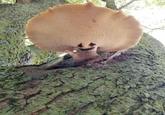
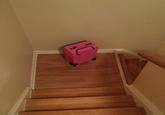
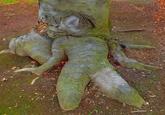

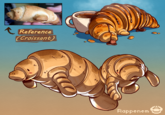









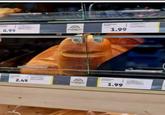
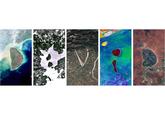
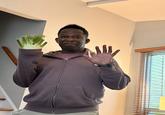
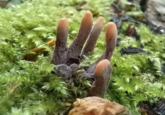


Comments ( 33 )
Sorry, but you must activate your account to post a comment.
Please check your email for your activation code.